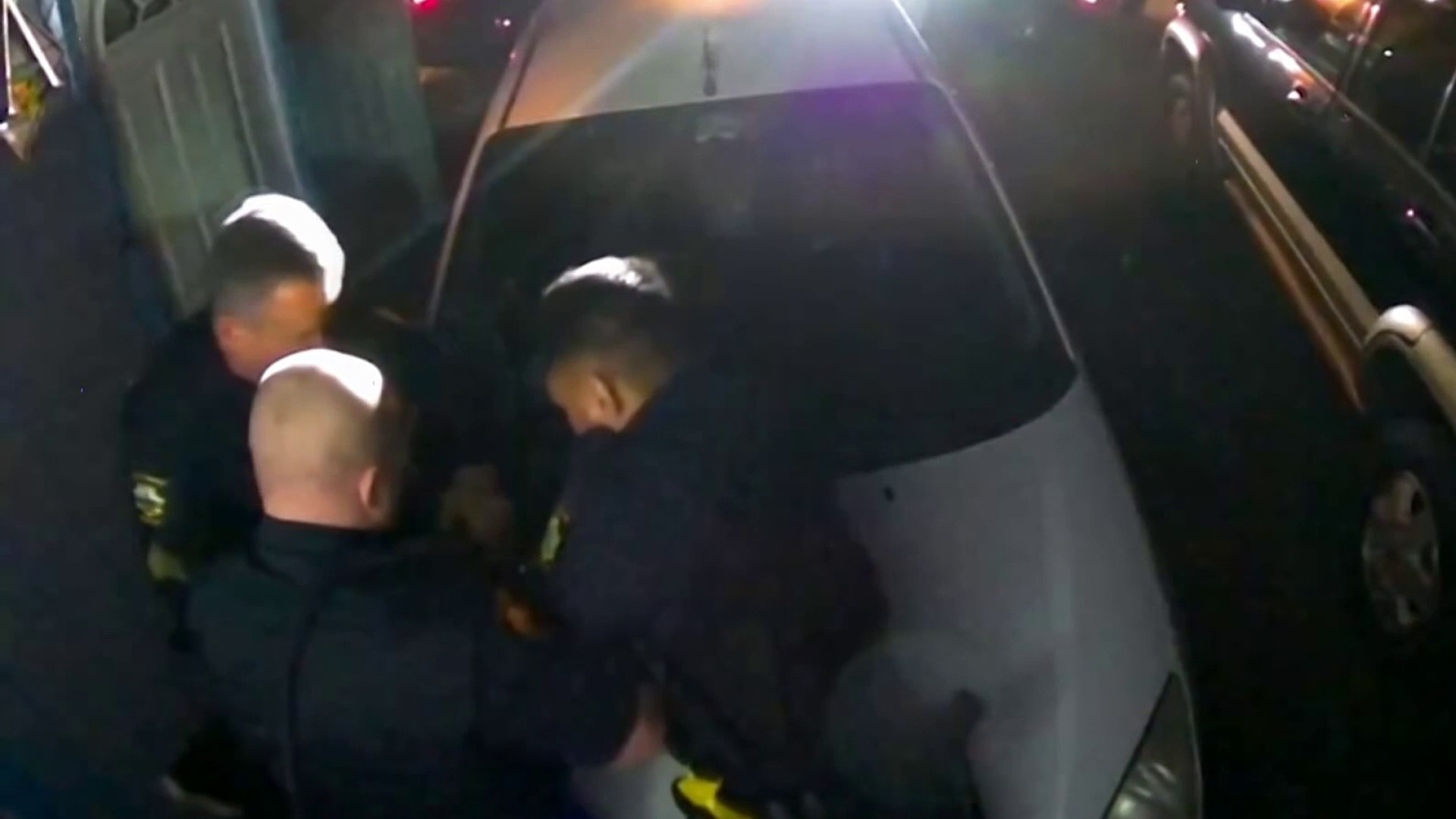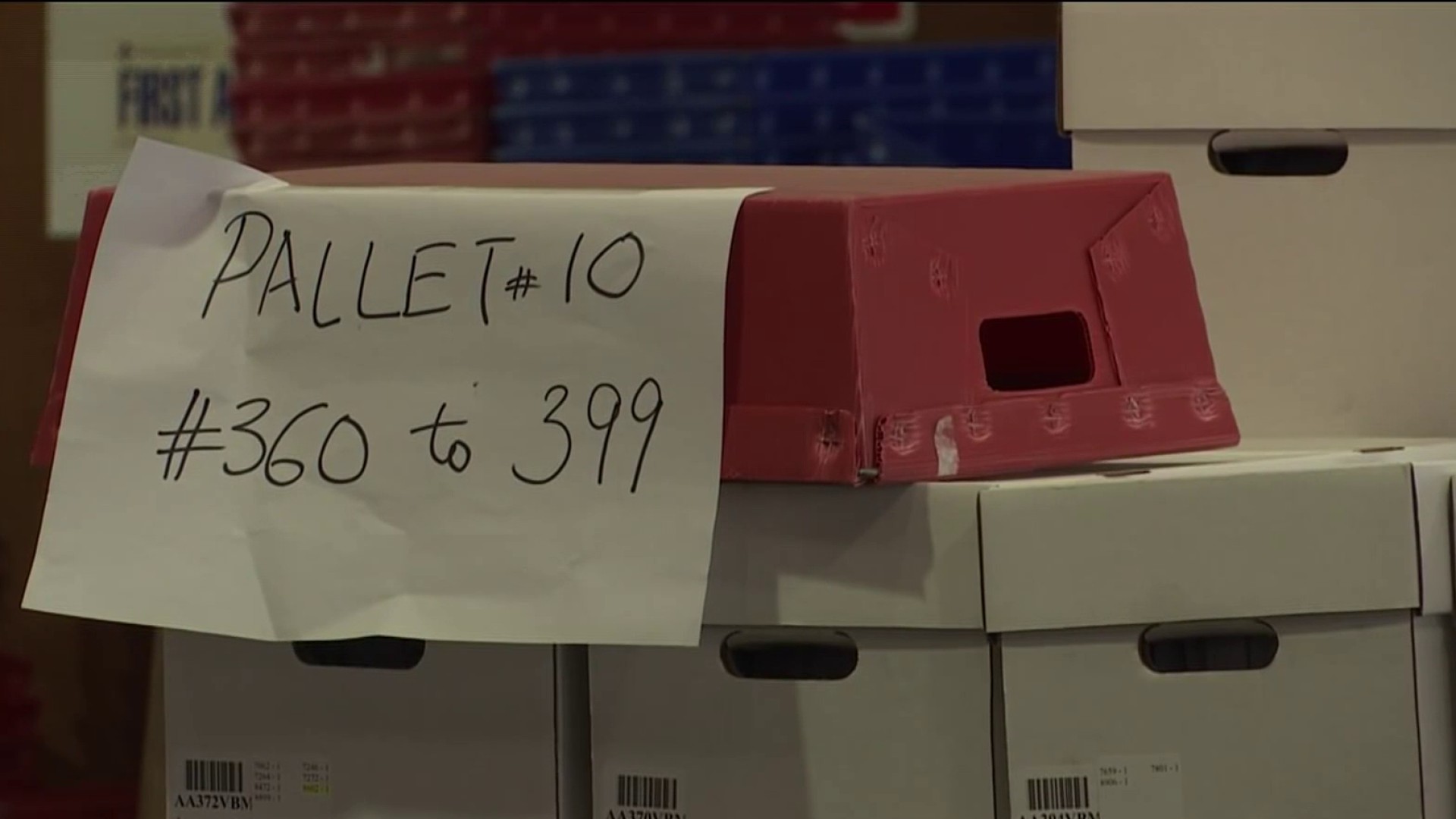The federal prison system is looking at ways to reduce its inmate population by increasing their educational opportunities. And in the Bay Area, former White House lawyer Dabney Friedrich, is pushing for a program she knows will work.
Friedrich invited NBC Bay Area to see the special education at work at the federal women's prison in Dublin. It is a program she said is both better than many in the federal system and still wholly inadequate.
Between her work in Washington, D.C on the seven-member sentencing commission and her family in San Mateo County, Friedrich volunteers once a week as a special education tutor at Dublin's federal prison.
"You know having been a federal prosecutor I've locked a lot of people up and I've always wanted to give back," she said.
Friedrich started volunteering two years ago, about the same time her 8-year-old son was diagnosed as dyslexic. The boy had hidden his inability to ready by memorizing words, a common coping method among dyslexics.
When her son was finally diagnosed, Friedrich and her husband moved heaven and Earth to get him help and found it.
"It's a very explicit method and it's tough in a very specific way," she said. "The child might read a sound, write the sound, hear the sound, maybe use their finger to trace the sound."
Local
Friedrich admits it has been a long and sometimes difficult two years.
"But I'm happy to report that he's currently reading for pleasure at grade level," she said.
At the Dublin prison, Friedrich noticed a lot of the students appeared to have the same difficulty.
"I memorized everything. I'm really kind of smart for everything else but my reading and writing," inmate Zaira Coronel. "I don't understand why it's so hard."
Coronel is one of two inmates NBC Bay Area interviewed in the special education class. Like Friedrich's son, Coronel is dyslexic.
A University of Texas study found 48 percent of prison inmates are dyslexic.
Miriam Salais, the other Dublin inmate NBC Bay Area interviewed, is serving a sentence for smuggling drugs. She has been in and out of the prison's high school equivalence program three times.
Salais said getting her general education degree is harder than kicking her heroin addiction.
The prison's GED program recently had just over 100 graduates for the first time. A few came from the special education class in Dublin, but Salais said half the women she knows cannot read or write.
"We drop out of school at a young age and we start hanging out with the wrong crews, the wrong people, and we start using drugs," Salais said.
Friedrich said she went to the Bureau of Prisons and suggested a variety of pilot programs for teaching dyslexic inmates. The bureau approved the program, but with no funding.
Friedrich discovered that as a member of the government's judicial branch, she is barred from raising the money herself.
"The prisons have to meet these inmates where they are," Friedrich said. "The system has failed them. The schools did not work for them on the outside. Many of them dropped out of school and I think it's no stretch to say that contributed to their path that led to prison."
The Bureau of Prisons required NBC Bay Area to interview Friedrich off the Dublin property. But inside, she said the warden and the staff have been incredibly receptive to her proposal -- they just do not have the resources.
Ten inmates is the maximum amount allowed into the special education class, out of nearly 1,000 inmates.
With studies showing half of the inmates need more help than the class can currently offer, NBC Bay Area asked Salais what it means to be able to read, write and finally get a high school equivalency degree.
"I hope so," she said of the education helping to prevent her from returning to prison. "



